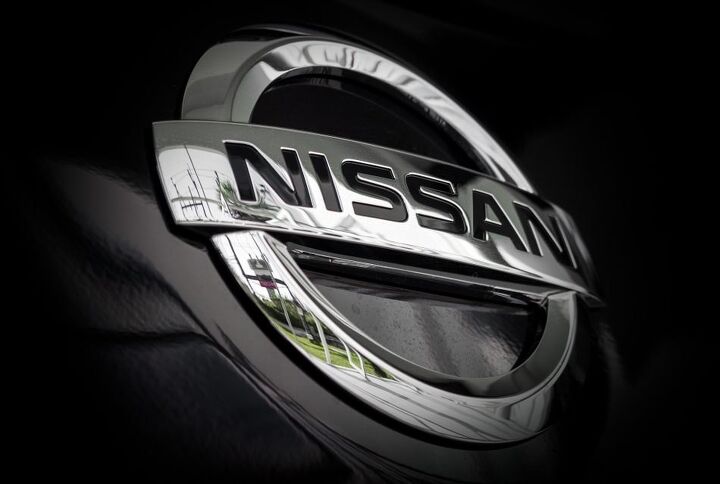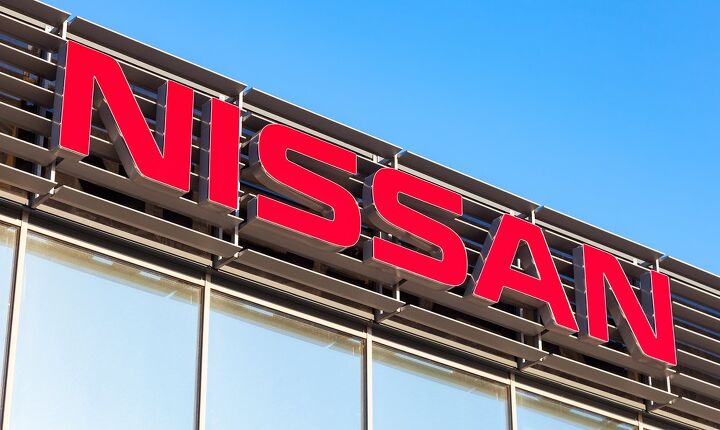#GregKelly
Former Nissan Executive Pleads Not Guilty, Defends Ghosn
Greg Kelly, the American businessman and former Nissan board member that was arrested with ex-chairman Carlos Ghosn almost two years ago, has pleaded not guilty to the financial misconduct charges leveled against him in Japan. While he was supposed to stand trial with Mr. Ghosn, Carlos escaped his captors with the help of at least one U.S. Army Special Forces veteran and a lot of careful planning at the end of 2019. Kelly is accused of helping the former chairman hide millions of dollars in deferred compensation.
During the trial, he defended Ghosn by saying he was an outstanding automotive executive who helped save Nissan in its darkest hour. He also hinted that the firm should have done everything in its power to retain him, adding that his role was to find legal ways of keeping Ghosn from jumping ship to a rival company. While that included financial incentives, Kelly asserted during the trial that Nissan’s attorneys were always consulted before decisions were made and that no illegal actions were taken. “I informed Mr. Ghosn what could be done legally and what could not be done legally,” he told the court. “I believe the evidence will show that I did not violate the [financial] disclosure regulations.”
Report: Ghosn Actually Does Appear to Have Been Set Up
Carlos Ghosn’s claim that he was the target of an industrial coup is looking a lot more valid this week after emails surfaced showing a high degree of internal organization regarding his ousting and subsequent criminal charges. The former head of the Renault-Nissan-Mitsubishi Alliance was infamous for wanting further integration within the pact. In fact, his aim was to make sure the tie-up became “irreversible.”
That idea never quite landed for Nissan leadership and Japanese shareholders, with many already holding the view that the alliance had already given French interests too much authority.
Emails dating back nearly one year before Ghosn’s November 2018 arrest clearly indicate top-level management at Nissan had a strong aversion to deepening ties with Renault. While understandable to a large degree, it’s counter to the claim that his removal was strictly about under-reported income and other financial malfeasance that were of particular interest to Tokyo prosecutors. At the very least, some actors at Nissan wanted to make sure the alliance patriarch suffered a massive loss of face while confronting allegations.
Nissan's Management Problem
On Tuesday, a subset of Nissan’s board intends to request access to a list of 80 Nissan employees suspected of aiding former Chairman Carlos Ghosn in his alleged financial malfeasance. Assembled by Nissan’s former audit chief, Christina Murray, and company, the document compiles actions taken by staffers believed to have assisted Ghosn directly or attempted to impede the resulting investigations.
Among them is Hari Nada, Nissan’s vice president, who oversees the company’s legal department. Despite being instrumental in Ghosn’s November arrest by acting as a whistleblower to Japanese authorities, along with Toshiaki Onuma, his role as one of the ousted executive’s many confidants has placed him under suspicion — as did his reluctance to recuse himself from the company’s legal affairs.
Nada is now being pressured to resign. However, it’s not clear if this is the result of any actual wrongdoing or an internal power struggle happening inside the Renault-Nissan-Mitsubishi Alliance. Considering the power vacuum created by Ghosn’s arrest and the swift retirement of ex-CEO Hiroto Saikawa (who also makes the 80-person list), both scenarios seem equally plausible.
Ghosn, Nissan Fined $16 Million by SEC
On Monday, the Securities and Exchange Commission announced that Nissan and its former chairman, Carlos Ghosn, are on the hook for $16 million in fines. The SEC alleges that the automaker failed to disclose millions of dollars in compensation that the former Renault-Nissan-Mitsubishi Alliance chairman was due to receive via a 2004 board decision that allowed him to decide the compensation of high-ranking executives — including himself.
Reports from Bloomberg stipulate that Ghosn and subordinates managed to withhold over $90 million in compensation from shareholders since 2009, with the ousted CEO attempting to put another $50 million away for his retirement allowance.















Recent Comments